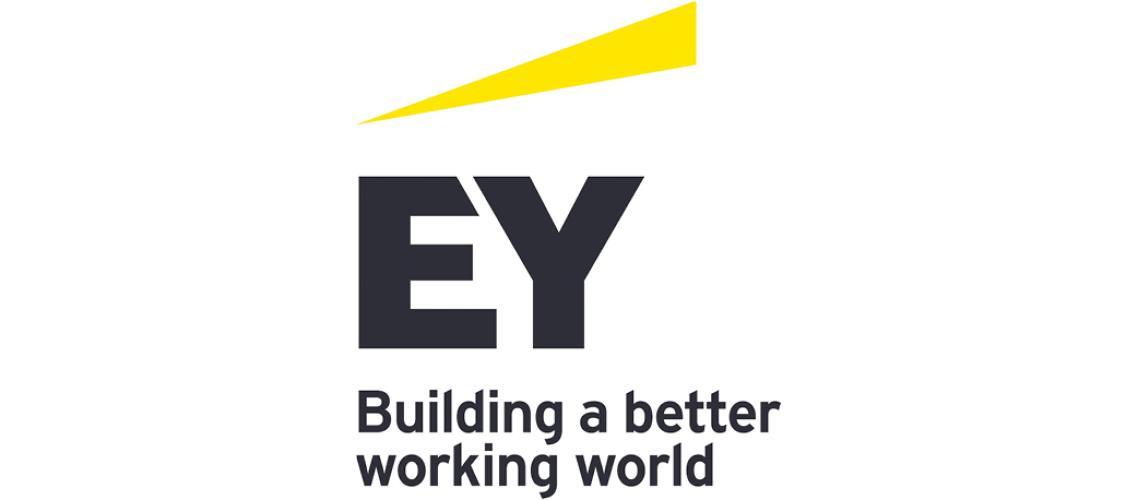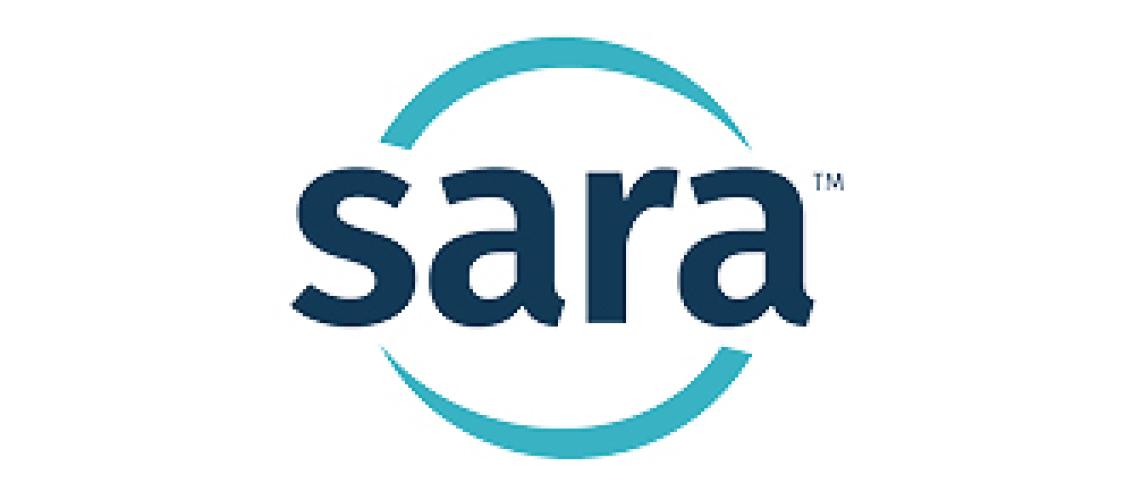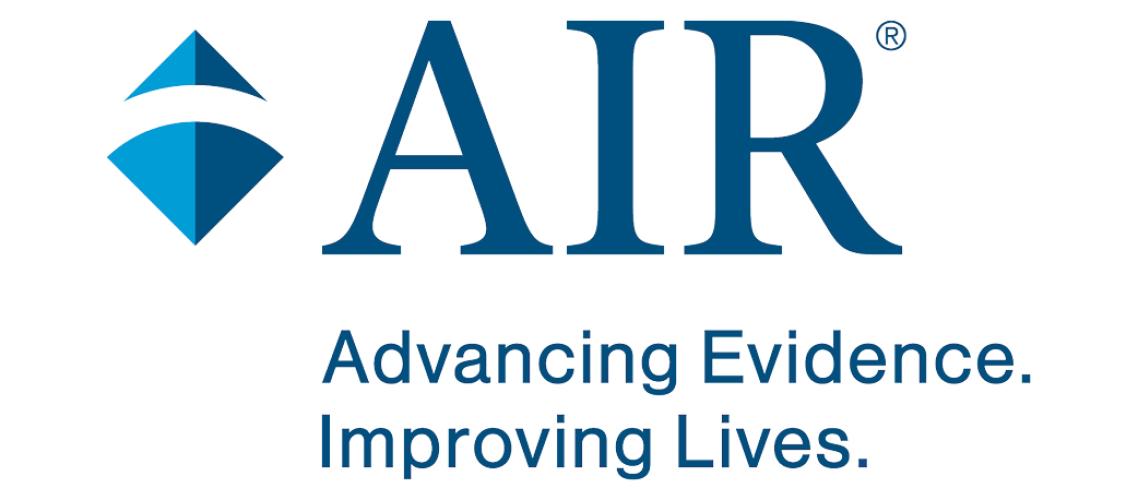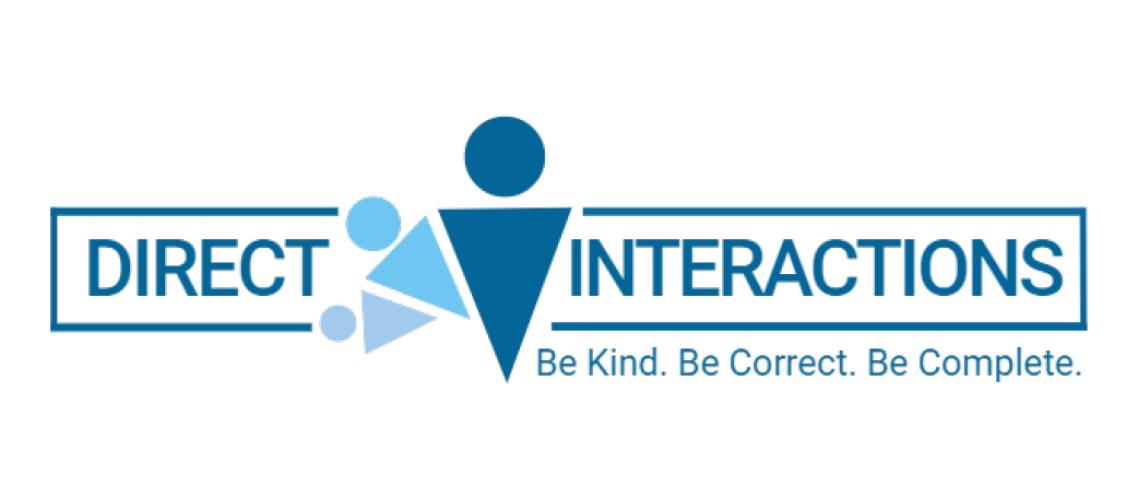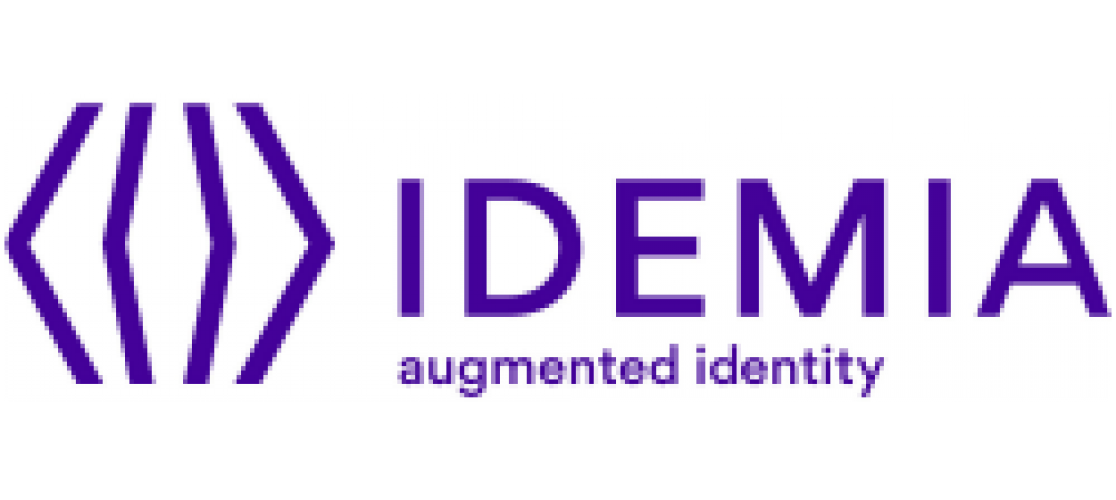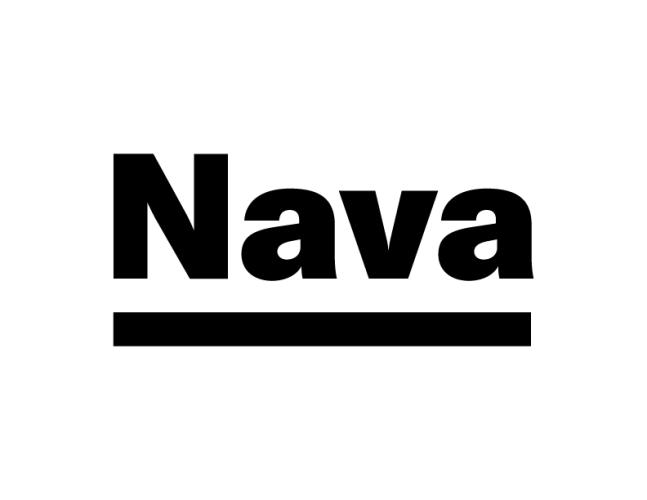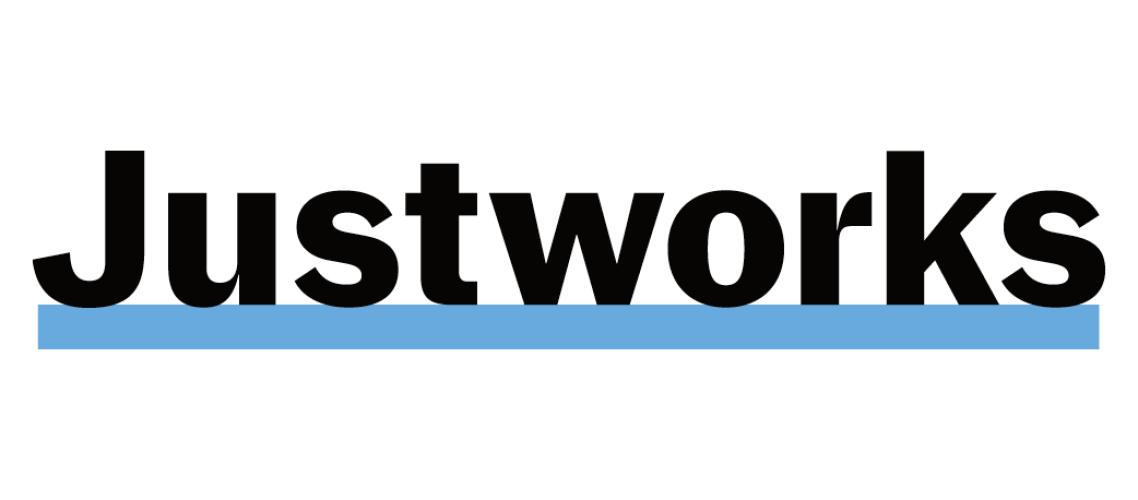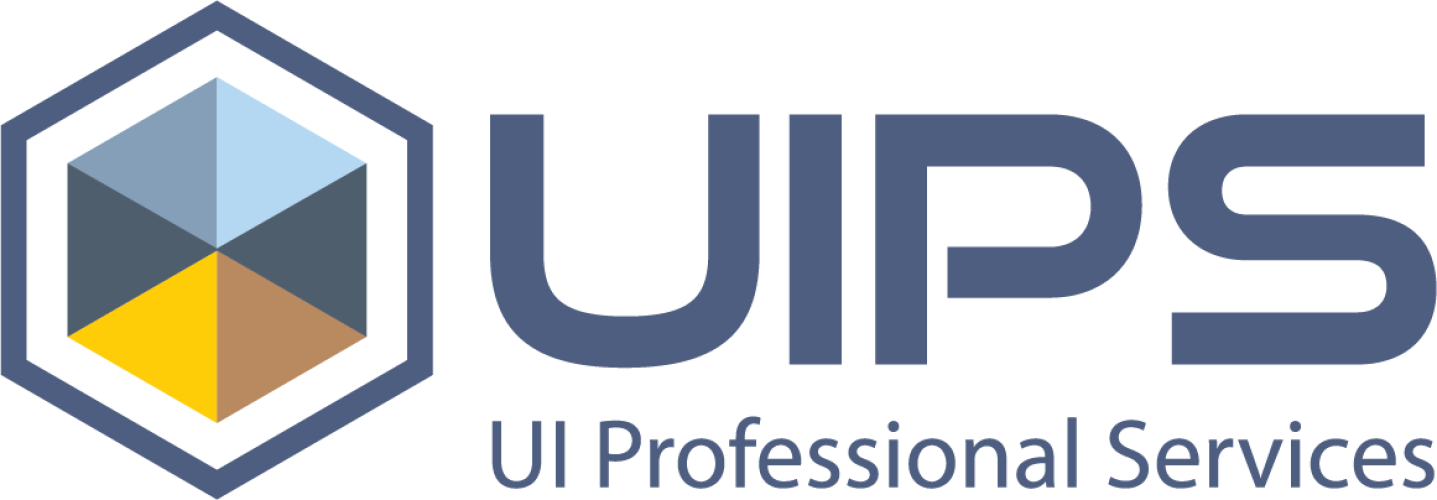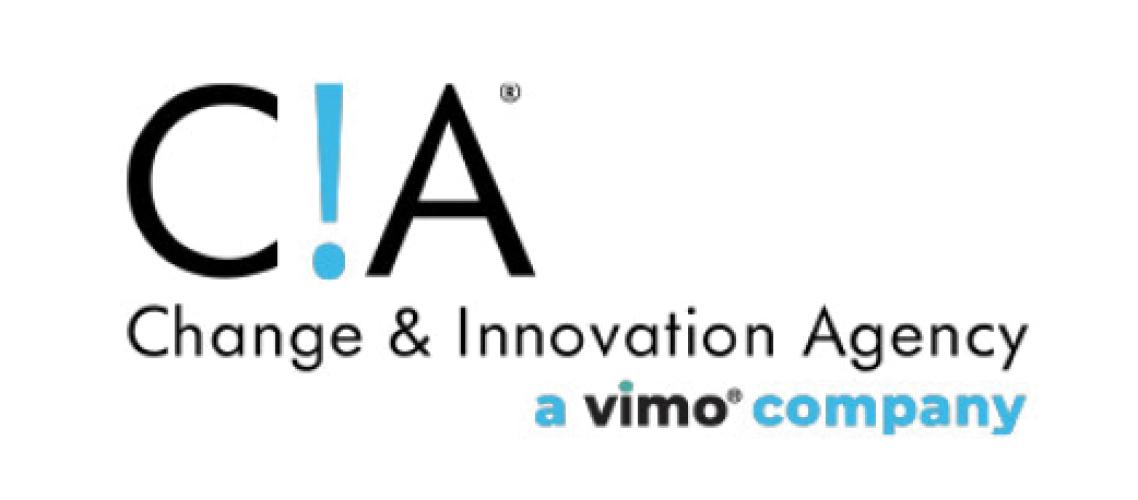NASWA Principles for Expanding and Enhancing Apprenticeship Programs
- The Workforce Innovation and Opportunity Act (WIOA) envisions a more seamless and better integrated service delivery system for the shared customers of the workforce development programs, including those administered by Labor, Education and HHS. Legislation impacting the apprenticeship system and other earn-and-learn programming should draw on these programs and their partnerships.
- State Accelerator and Expansion grants for initiating and expanding registered apprenticeship systems have proven highly successful. They demonstrate that state workforce agencies and their partners are key to developing apprenticeship programs that can operate as a sustainable, statewide system, instead of one-off efforts. With the help of these grants, states are expanding innovative apprenticeship programming to train workers in a host of demand industries to better meet business needs.
- State workforce agencies and their state agency partners are continuing to grow their apprenticeship systems. Episodic grants at the current funding levels do not provide an adequate resource base to allow large gains in activity in many states. NASWA recommends building on the momentum of recent federal grants through enhanced investments delivered through line-item formula funding.
- States need federal technical assistance to foster stronger cross-sector partnerships between workforce and apprenticeship entities at the local level.
- The data infrastructure for the registered apprenticeship programs should enable evidence-informed policy and practice in addition to ensuring accountability, while minimizing administrative burdens for businesses and states.
- Workforce formula grants are a key funding source supporting apprenticeship initiatives in many states. It is important to maintain this funding as a foundation for state apprenticeship initiatives.
- The existing federal-state registered apprenticeship model provides sufficient flexibility to tailor the programs to individual state circumstances, but registration issues and backlogs have been an issue for businesses in some states, in part because of capacity issues stemming from insufficient federal support.
- Quality matters. Publicly supported apprenticeship programs and other earn-and-learn programming should be built to a high level of rigor and provide skills transferable across a business sector.

